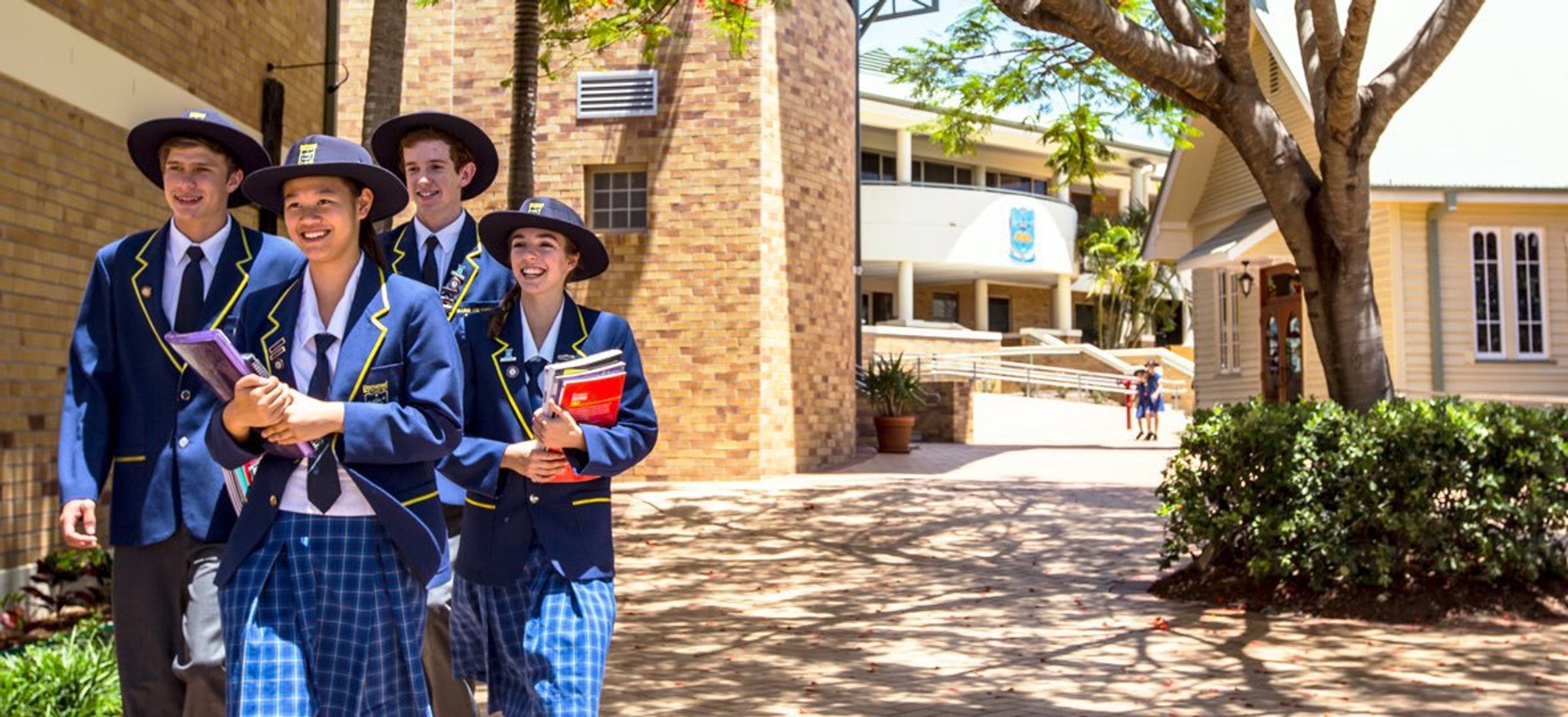Our educational programs are constructed within the context of a Christian worldview; significantly informed by our Christian heritage and basis whilst following the Australian Curriculum for all subjects from Prep to Year 12. Our aim is to engage students in thinking deeply about the world, and being prepared to ask radical questions and challenge existing constructs.
As a school which strives to achieve the very best for its students, we encourage every student not just to reach their potential, but to go beyond what might appear to be their limits. We genuinely value the efforts of every student who strives to achieve their personal best and along with their academic success, we place a strong focus on effort and conduct.
Our Junior School literacy program has now been showcased at five Independent Schools Conferences in Queensland to over 200 different Independent School Principal’s and Curriculum Leaders. This program has been developed over the past five years and our teachers are continually aiming to make the curriculum a whole Junior School program where every student benefits and to ensure that the literacy teaching at Emmanuel is outstanding!
Our framework builds on the foundation of relationship, the foundation of who we are, and inspires what we do… discipleship. Discipleship, at its core, calls us beyond who we are now, and into our future selves; into who we are designed to be. Our framework, informed by the likes of Hattie & Timperley and Brown & William, recognises the need for learning and teaching that encourages reflection, sparks innovation, clarifies direction and inspires growth.
In addition to the core subjects, Emmanuel offers a number of specialised subjects for students.
